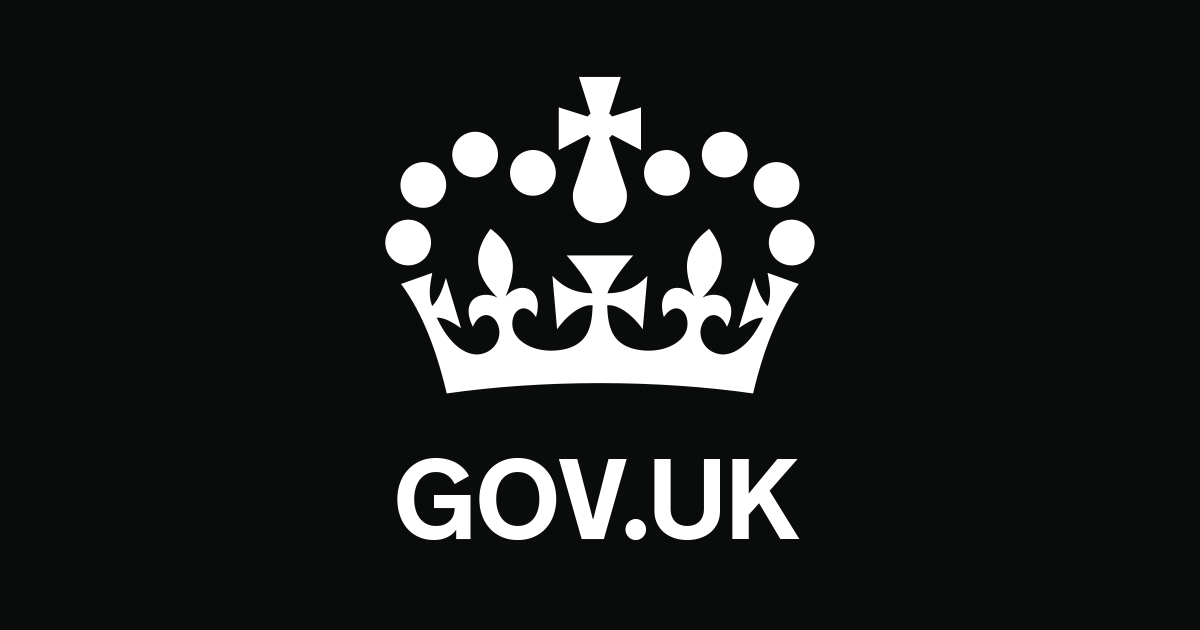
If you are arriving in the UK from South Korea on or after 4am on 18 January you will need to self-isolate on your arrival, unless you have a valid exemption. Check the latest guidance for England, Northern Ireland, Scotland and Wales.
Travel is subject to entry restrictions
- On 15 January the Government of the Republic of Korea announced that the temporary suspension of direct flights from UK to South Korea would be extended until 28 January 2021.
- South Korean diplomatic missions in the UK suspended the issuing of quarantine exemptions from 23 December.
- South Korean diplomatic missions in the UK suspended the issuing of routine visas from 29 December 2020. Exceptions will only be made in limited circumstances
- For more information, consult your airline and sign up for travel advice email alerts.
- All foreign nationals arriving in South Korea by air are required to provide a negative PCR test declaration, issued within 72 hours of departure.
- From 15 January 2021, all foreign nationals arriving in South Korea by sea will be required to provide a negative PCR test declaration, issued within 72 hours of departure.
- All arrivals, regardless of nationality and length of stay, are also required to be tested for coronavirus (COVID-19) and to undergo quarantine for 14 days after arriving in South Korea.
- If you test positive for coronavirus you will be isolated and treated at a hospital or community treatment centre
See Entry requirements for more information before you plan to travel.
Preparing for your return journey to the UK
If you’re returning to the UK from overseas, you will need to:
Check our advice on foreign travel during the coronavirus (COVID-19) pandemic and sign up for email alerts for this travel advice.
If you’re planning travel to South Korea, find out what you need to know about coronavirus there in the Coronavirus section.
During the COVID-19 pandemic, it is more important than ever to get travel insurance and check it provides sufficient cover. See the FCDO’s guidance on foreign travel insurance.
South Korea’s social distancing requirements are regularly reviewed and updated. You should check the South Korea Disease Control and prevention Agency (KCDA) and Ministry of Health and Welfare websites (English) and follow local guidance. See Coronavirus
All foreign nationals arriving in South Korea by air are required to provide a negative PCR test declaration, issued within 72 hours of departure. The same requirement will apply from 15 January 2021 to all foreign nationals arriving in South Korea by sea. All arrivals – regardless of nationality and length of stay – are required to undergo quarantine for 14 days. All foreign arrivals, regardless of their point of departure, are now required to be tested for COVID-19 on arrival in South Korea. See Entry requirements
The typhoon season normally runs from June to November. You should monitor the Korean Meteorological Administration website and follow any advice given by the local authorities and the emergency services. See Natural disasters
The level of tension between North and South Korea, and the security situation, can change with little notice. Tensions have usually arisen around the time of South Korean-US military exercises. In the past, heightened tensions haven’t affected daily life. See Political situation
Check the foreign travel checklist and crisis overseas page to find out more about things you can do before and during foreign travel to plan effectively and stay safe. You can also sign up to email alerts to be notified about future updates to this travel advice. See Contingency planning
The South Korean authorities provide advice on responding to civil emergencies, and hold regular nationwide civil emergency exercises. Sirens are sounded, transport stopped and some people are asked to take shelter in metro stations or basements. See Civil emergency exercises and advice
Public demonstrations are mostly peaceful and well-policed, but the risk of violence remains. You should take extra care as in any crowded place. See Demonstrations
Air pollution, including yellow dust pollution, is common in South Korea throughout the year and especially during spring months. See Health
It’s not possible to enter North Korea from South Korea.
Although there is no recent history of terrorism in South Korea, attacks can’t be ruled out. See Terrorism
If you’re abroad and you need emergency help from the UK government, contact the nearest British embassy, consulate or high commission.
The Overseas Business Risk service offers information and advice for British companies operating overseas on how to manage political, economic, and business security-related risks.